What is Acne?
Acne is a common skin condition that affects many women. It can be frustrating to deal with breakouts, especially when they seem to pop up out of nowhere. Fortunately, there are things you can do to prevent and manage acne. In this post, we'll provide tips and tricks for acne skin care for women.
Understanding Acne
Before we dive into the tips and tricks, let's talk about what acne is and what causes it. Acne is a skin condition that occurs when hair follicles become clogged with oil and dead skin cells. This can lead to whiteheads, blackheads, and pimples. Acne can be caused by a variety of factors, including hormonal changes, genetics, and lifestyle factors such as diet, exercise, and stress.
The Importance of a Skincare Routine
A good skincare routine is crucial for preventing and managing acne. A basic skincare routine includes cleansing, toning, and moisturizing. Let's take a closer look at each step.
Cleansing
Cleansing is the first step in any skincare routine. It's important to choose a cleanser that is gentle and non-comedogenic, meaning it won't clog your pores. Look for a cleanser that contains salicylic acid or benzoyl peroxide, as these ingredients can help to unclog pores and prevent breakouts. Be sure to wash your face twice a day, and always remove your makeup before cleansing.
Toning
Toning is the second step in a skincare routine. Toners help to remove any remaining dirt or oil from the skin, and can also help to restore the skin's natural pH balance. Look for a toner that contains witch hazel or tea tree oil, as these ingredients can help to reduce inflammation and prevent breakouts.
Moisturizing
Moisturizing is the third step in a skincare routine. It's important to choose a moisturizer that is non-comedogenic and won't clog your pores. Look for a moisturizer that contains hyaluronic acid, as this ingredient can help to hydrate the skin without causing breakouts. Be sure to apply moisturizer after toning, and always use sunscreen during the day.
Lifestyle Changes for Better Skin
In addition to a good skincare routine, there are lifestyle changes you can make to improve the health of your skin and prevent breakouts. Let's take a closer look at some of these changes.
Diet
Your diet can have a big impact on your skin. Avoid foods that are high in sugar or processed carbohydrates, as these can cause inflammation and lead to breakouts. Instead, focus on eating a diet that is rich in fruits, vegetables, whole grains, and lean protein.
Exercise
Exercise is another important factor in skin health. Regular exercise can help to reduce stress and improve circulation, which can lead to clearer skin. Aim to get at least 30 minutes of moderate exercise each day, such as brisk walking, cycling, or swimming.
Stress Management
Stress can have a big impact on your skin. When you're stressed, your body produces cortisol, which can lead to inflammation and breakouts. To manage stress, try meditation, yoga, or deep breathing exercises. You may also find it helpful to get regular massages or acupuncture treatments.
Conclusion
Acne can be a frustrating skin condition to deal with, but there are things you can do to prevent and manage breakouts. By following a good skincare routine and making lifestyle changes that promote skin health, you can achieve clearer, healthier-looking skin. If you're struggling with acne, don't hesitate to reach out to a homeopathy doctor for additional guidance and support.

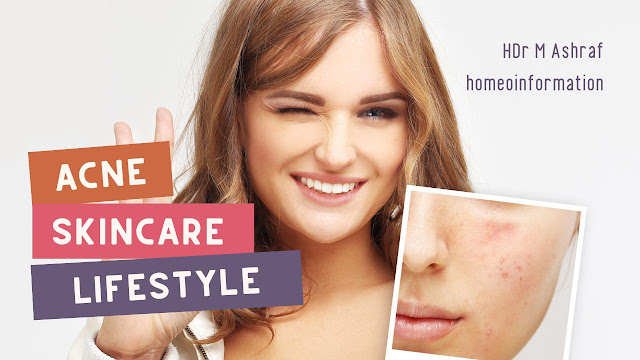
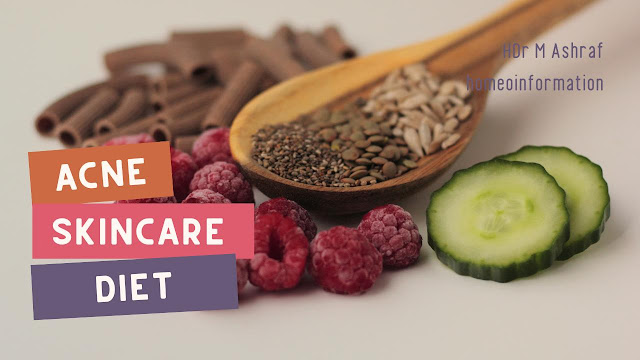

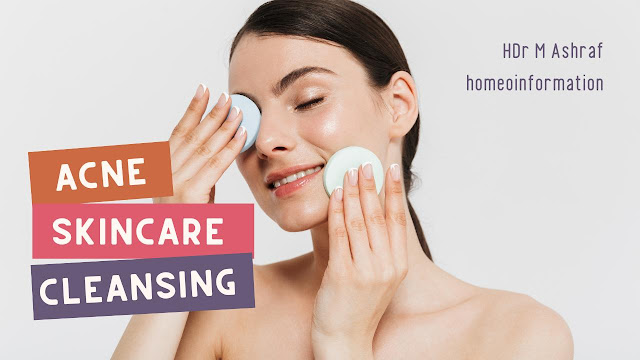
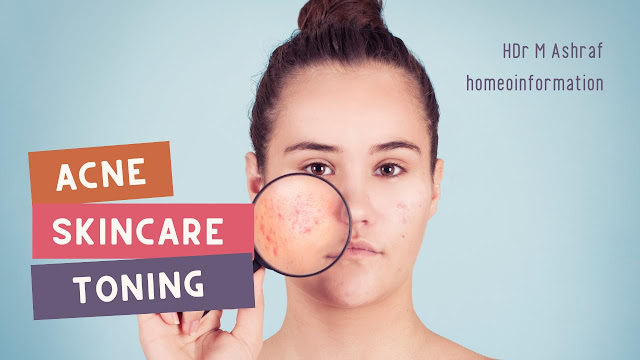


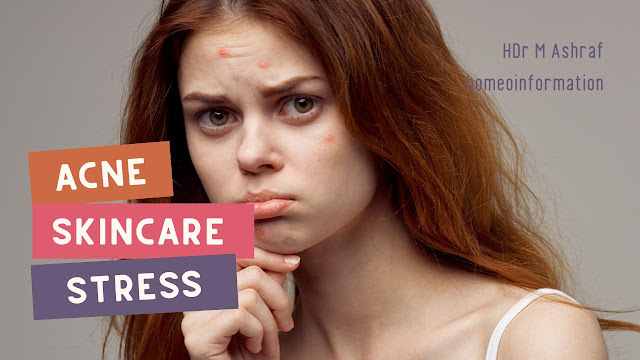
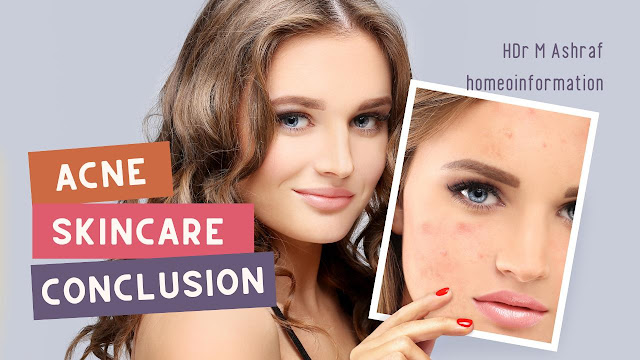
Comments
Post a Comment